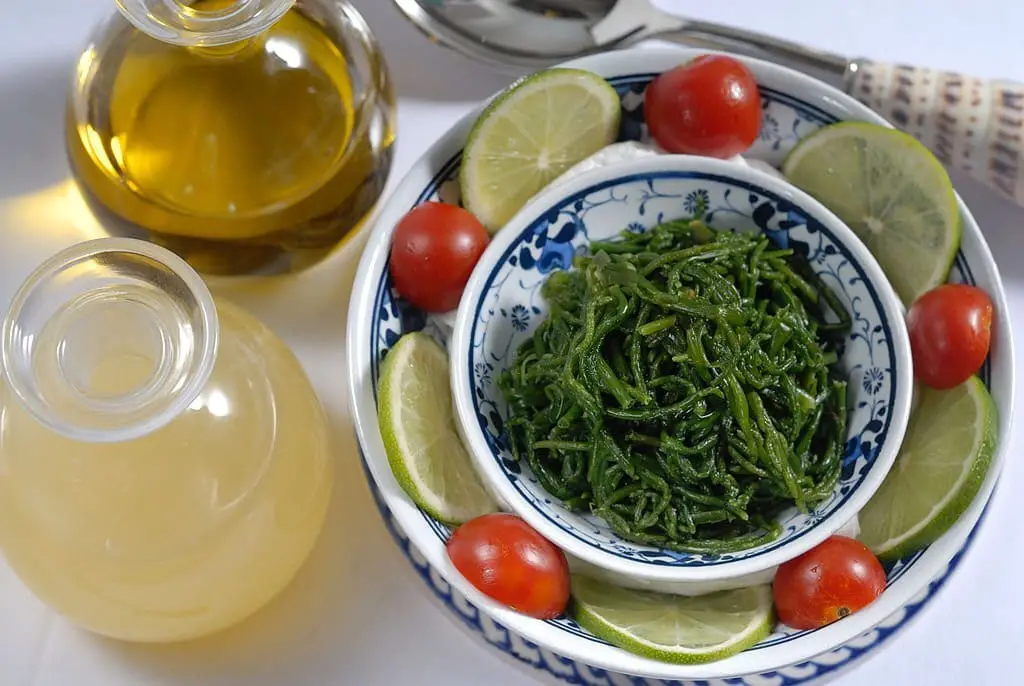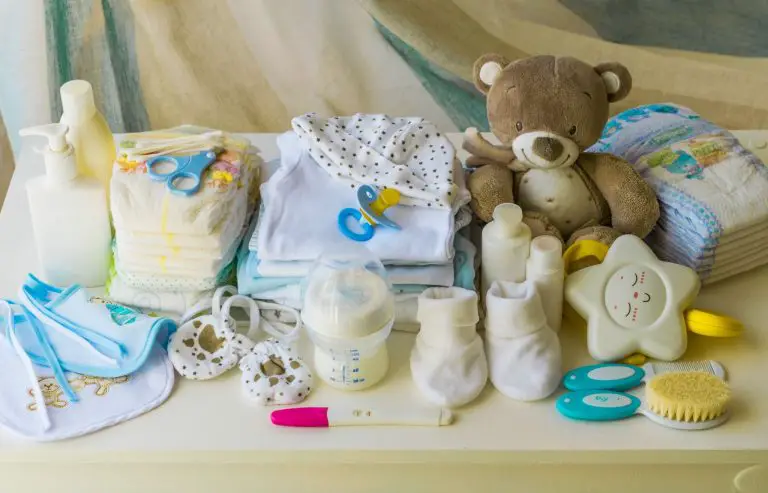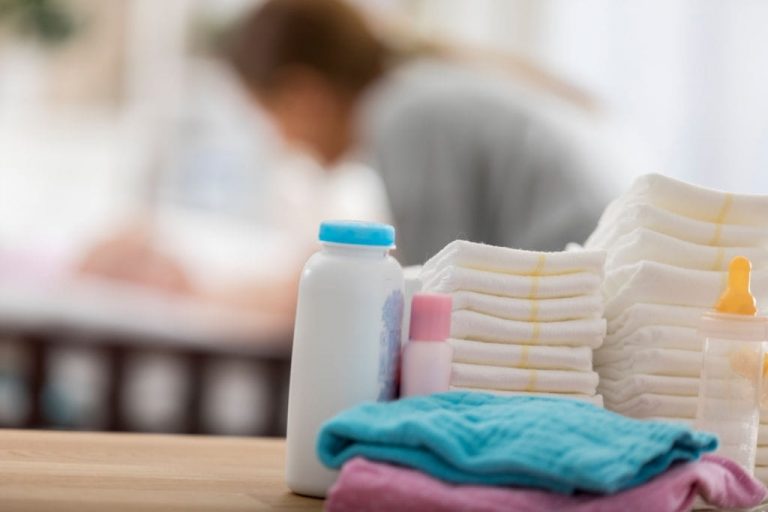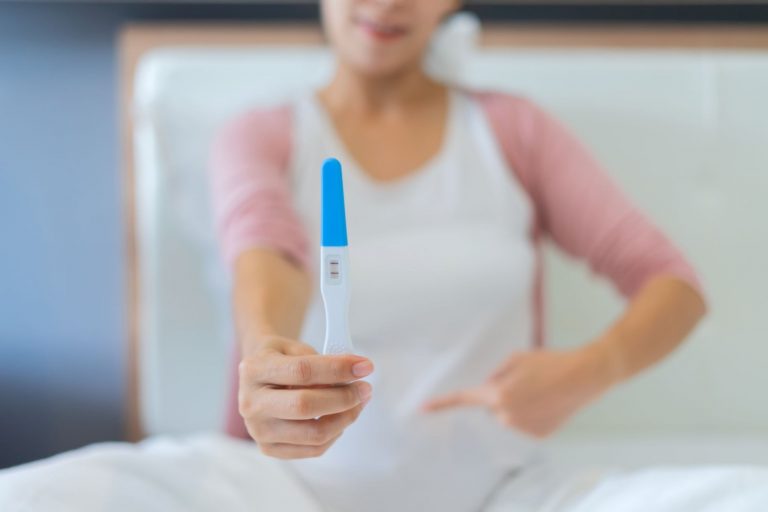
Have you ever heard – Can you take sea moss while pregnant?
Sea moss is a species of algae that is high in vitamins and other nutrients and is considered one of the world’s most nutrient-dense foods. It comes in a variety of shapes and colors, each with its own distinct appearance and hue. It commonly grows in red, yellow, or green spiky forms, depending on the species.
While it can be cooked in a variety of ways as a food or drink, it has a bland taste, so most people prefer to take it as a supplement in the form of a capsule or concentrated powder. Many foods, including ice cream and baby formula, employ it as a thickening ingredient.
Seaweed has many nutrients that are good for both pregnant and lactating mothers. However, you should not take high doses to ensure the health of both mother and child.
Let’s also learn interesting things about sea moss.
Can you take sea moss while pregnant?
Sea moss is harvested in the northeastern United States and Europe and is primarily grown in the northern Atlantic Ocean.
This Irish moss is a red seaweed that can be used to thicken smoothies, ice creams, baked products, and baby formula.
Sea moss is also found on the Caribbean islands, where it is thought to be an aphrodisiac for men and to aid women in becoming more fertile.
It’s a deep purple or dark in nature, and when air-dried, it’s practically yellowish green.
Why is sea moss a superfood?
Sea moss is thought to contain 92 of the 102 minerals that our bodies naturally produce. It is thought to have nutritional benefits for women, but it also aids in the development of a healthy pregnancy.
The following are the primary advantages:
Vitamin B-9
Folate promotes the development of red blood cells in the bone marrow, as well as good cell growth and function.
Pregnant women should consume folate to avoid pregnancy problems and lower their chance of congenital defects like spina bifida.
Folate is beneficial during pregnancy because it lowers the risk of congenital spinal and brain impairments. Increases the amount of genetic material produced, such as RNA and DNA. It facilitates the transformation of carbohydrates into energy.
Iron
Sea moss has roughly 9mg of iron per 100g.
You’ve probably heard that iron is necessary for growth, so eat your leafy greens, which is correct. Iron is necessary for the formation of blood and the delivery of oxygen from the lungs to the rest of the body.
When compared to a non-pregnant woman, you require twice the quantity of iron during pregnancy. The danger of being anemic is greatly reduced if you receive adequate iron.
Iodine
Iodine is a mineral that is essential for the mental and physical development of the fetus.
Iodine aids in the normalization of thyroid function, which is a gland in your neck. In turn, the thyroid aids in the regulation of hormones that control your heart rate, metabolism, and other vital body functions.
Iodine helps the baby build a healthy thyroid if you get enough of it. If a fetus is born with an undeveloped thyroid, it can cause complications such as developmental delays, low IQ, deafness, and other issues.
Iodine is also beneficial to lactation. Breast milk contains iodine, which is passed on to your kid.
Iodine is found in sea moss, which is a natural supply of the mineral.
Sea moss also aids in the maintenance of key organs.
We all know how our hormones change throughout pregnancy, and along with the hormonal wrath, pregnancy can sometimes raise blood pressure.
Sea moss has also been shown to help regulate our raging hormones, normalize our blood pressure, and even lower our blood sugar levels. In addition, sea moss is thought to aid in the strengthening of our immune systems.
Potassium, magnesium, selenium, zinc, bromine, calcium, phosphorus, vitamin A, B, C, D, and omega 3 fatty acids are all abundant in sea moss.
Advice for Mom
Sea moss, like many natural supplements, is generally regarded to be safe, but it hasn’t been thoroughly studied, so it’s recommended to use it in moderation while pregnant.
Heavy metals such as mercury can be absorbed by several marine vegetables, including sea moss. Overconsumption can result in a dangerous buildup of heavy metals in your bloodstream, which can then be passed on to your kid.
Taking too much sea moss might lead to an overabundance of iodine in your system. Iodine is a necessary ingredient for healthy thyroid function. However, too much of it can lead to hypothyroidism or a thyroid that is underactive.
Your thyroid is in charge of controlling your metabolism and growth. Thyroid issues can pose a number of major dangers to both you and your baby during pregnancy.
In moderator, sea moss is safe for pregnant women.
Sea moss is a nutrient-dense superfood that can help you stay healthy throughout pregnancy by providing a wide range of vitamins and minerals. It should not, however, be used excessively because it includes heavy metals and other elements that, if accumulated in your system, might be hazardous to you or your baby.
Final thoughts
The next article will provide you with all of the required information regarding the use of sea moss during pregnancy. Use the lowest dose that is safe for both you and your child. If you have any concerns, seek counsel from your doctor right away. I hope you found this essay useful.

Hi, This is Emma Baster; As a mom, I spend my free time caring for my kids. I’ve read a lot on the Internet to improve my childcare skill and bring the best to my kids. Eruditemommy shares my knowledge and experience through helpful posts. I hope you enjoy them!







